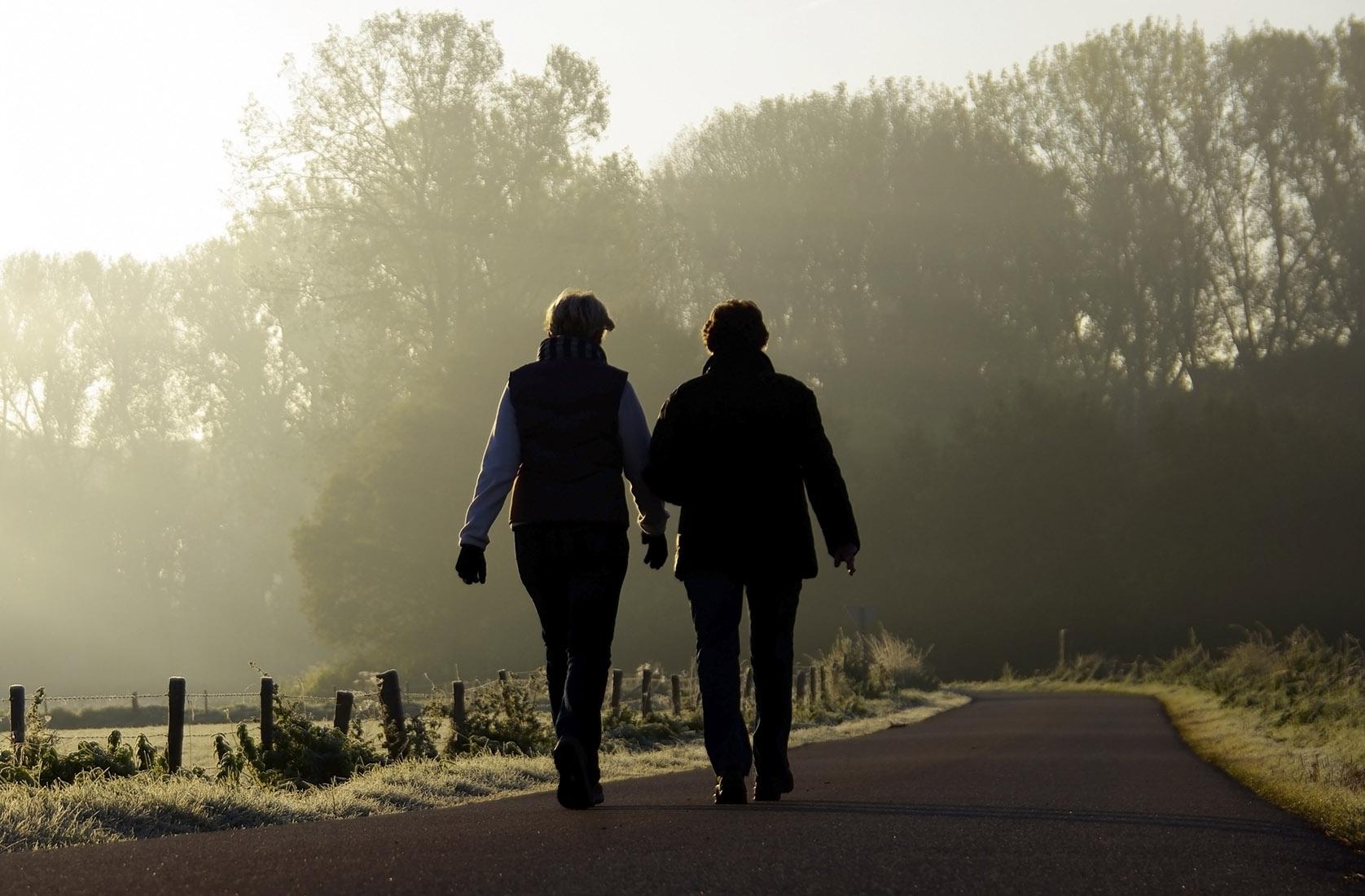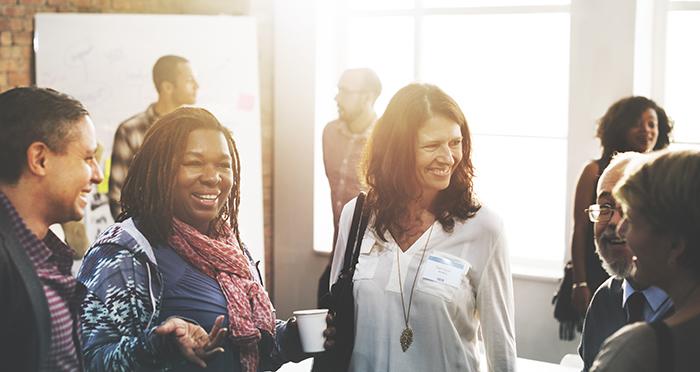Patient Support
Emotional
Patient Resources
Facebook Live: Stress and Its Impact on Cutaneous Lymphoma
Patient Resources
Webinar: Coping With a Lymphoma Diagnosis During COVID
Patient Resources
Facebook Live: Erin Kopp, MSN, ACNP-BC, NP
Patient Resources
Online Support Groups
Patient Resources
Cancer Support Community
Patient Resources
Cancer Hope Network
Patient Resources
Cancer Survivors Network
Patient Resources



